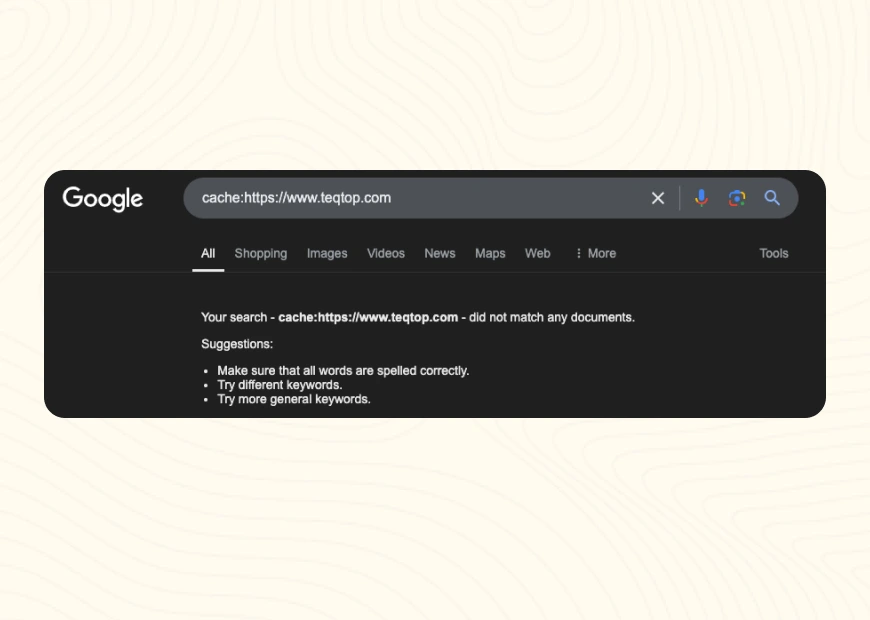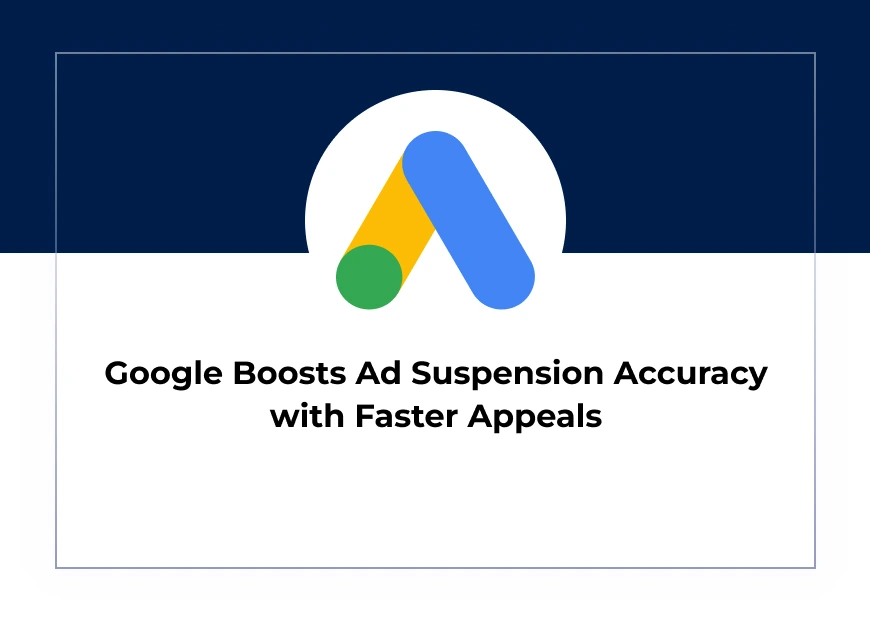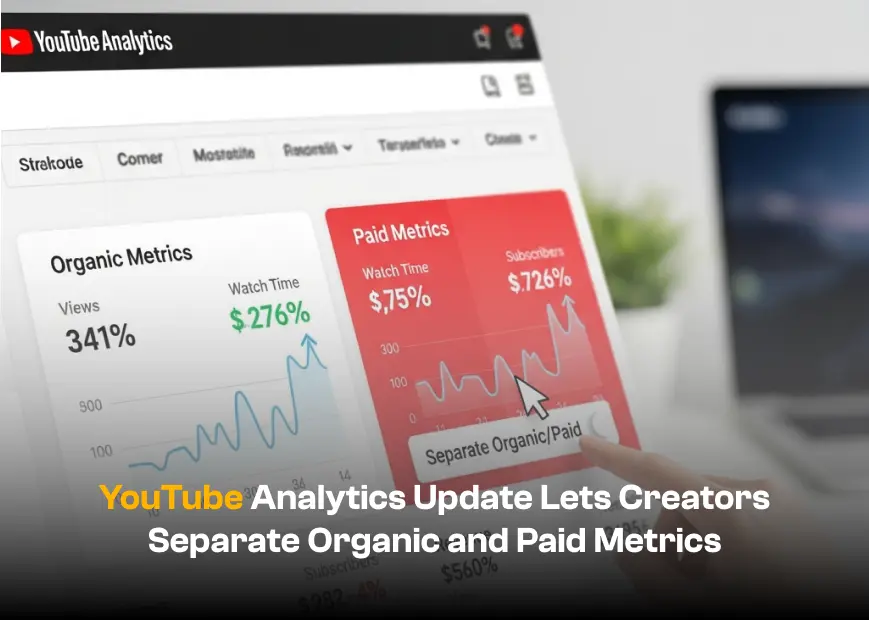No Cache anymore? Learn Everything About the New Google Update!


Heard about the latest update by Google? Disabling one of the oldest feature of the Google search engine is BOLD. But Google has not done this out of thin air. The indications were all there since the start of this month.
The cache link was taken down by Google from the search result snippets earlier this year. Links to the Wayback Machine were then added a few weeks ago. The direct link to view the Google Cache is currently completely unavailable. This new update by Google has made another major shift by disabling the Google Cache link, leaving SEO experts and digital marketers debating the potential impact. In this article, we will break down what this new Google update means, how SEO professionals are responding, and what the future holds for caching in the world of search.
Google Disables the Google Cache Link
Google Cache has long been a useful tool for Search Engine Optimization Service providers and web developers. It allowed users to view a website’s stored version, often serving as a safety net when pages were unavailable or for examining how Google indexed a particular page. However, Google removed the cache link from the search results as part of their latest updates, leaving the SEO community wondering about its implications.
The removal has come with little explanation from Google, adding an element of mystery. The Google Cache link was a popular tool for webmasters who wanted to check how their pages were being cached by Google or for users who wanted to see old versions of web pages. Now, the absence of this feature has forced many to rethink their SEO strategies.
What Does the Google Update Consist Of?
According to our experts, the Google update that removed the cache link is part of the company's broader shift towards privacy and user experience. Google has increasingly focused on making its search engine faster and more secure, and many speculate that the cache link’s removal might be related to security concerns. This is particularly relevant in a time when cached data can potentially expose users to outdated or insecure information.
Google’s other tools, such as its rich result testing tool, have stepped in as alternatives since the update. These tools allow webmasters to test their websites for structured data, ensuring that their pages are eligible for rich results like featured snippets and knowledge panels. While these tools are incredibly useful for SEO, the removal of the cache link has left some gaps that these other features don't fully cover.
How Are the SEO Experts Reacting?
Strong to mild, good to bad, the SEO community has had many reactions. Some SEO professionals see this as a positive move, arguing that caching has become less critical as Google’s indexing algorithms improve.
However, not all SEO experts are convinced. Many are concerned about losing a vital tool for diagnosing indexing and crawlability issues. Google Cache was an easy way to verify whether Google’s crawlers were having trouble accessing a site.
The general consensus, (after reading a LOT of articles and social media comments) however, is that while this update is significant, it is not a fatal blow to SEO. Tools like Google’s rich result testing tool and other diagnostic platforms offer (some) powerful alternatives.
What do our Experts think about the update?
We think that the removal of the Google Cache link has stirred valid discussions within the SEO community. While some view this as a natural evolution in Google’s ongoing quest to streamline search results and enhance user security, others see it as a loss of an essential tool for diagnosing and fixing SEO issues. But believe me, the way we are evolving with all the ‘#trending culture’ we will soon get over the new update. Google's rich result testing tool provides some relief, but the absence of the cache link has forced many SEO professionals to rethink their strategies.
As always, Google’s updates are a reminder that the world of SEO is ever-changing, requiring continuous learning and adaptation. Whether or not this is a positive move for the industry remains to be seen, but one thing is certain: SEO professionals will find a way to navigate this new landscape.
In the meantime, staying informed about Google’s latest updates will be crucial for anyone looking to remain competitive in search rankings. The key takeaway is to focus on delivering high-quality, structured content that aligns with Google’s latest standards, using tools like Google's rich result testing tool to ensure optimal performance. If you need any help adjusting to the new norms of Digital Marketing Services or SEO services, contact us and our experts will help you out!



